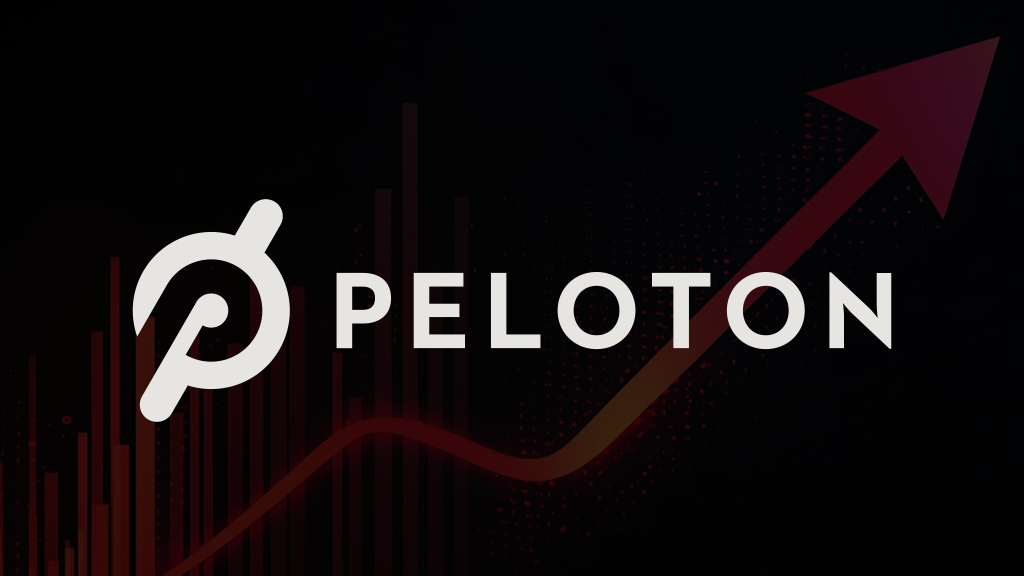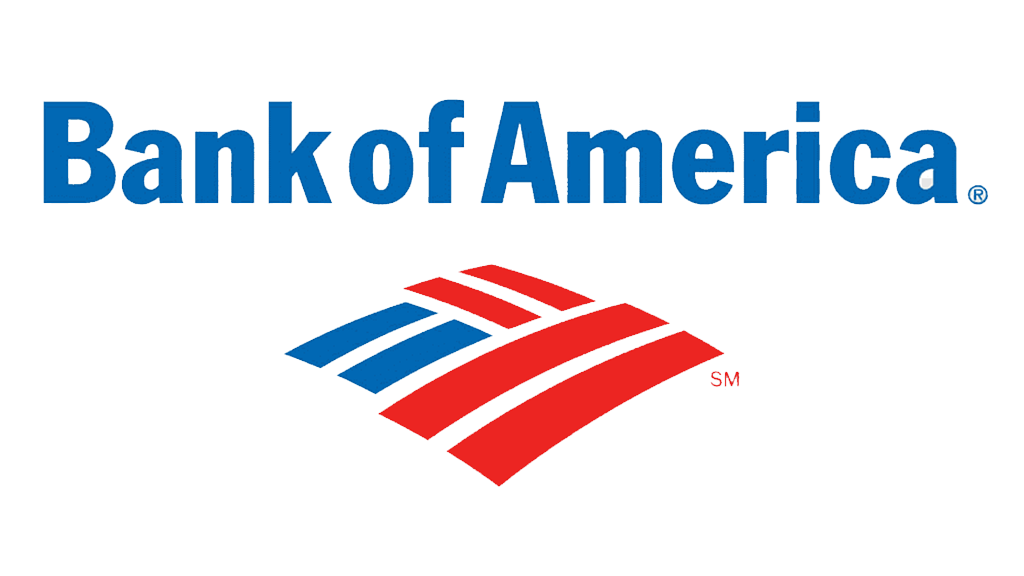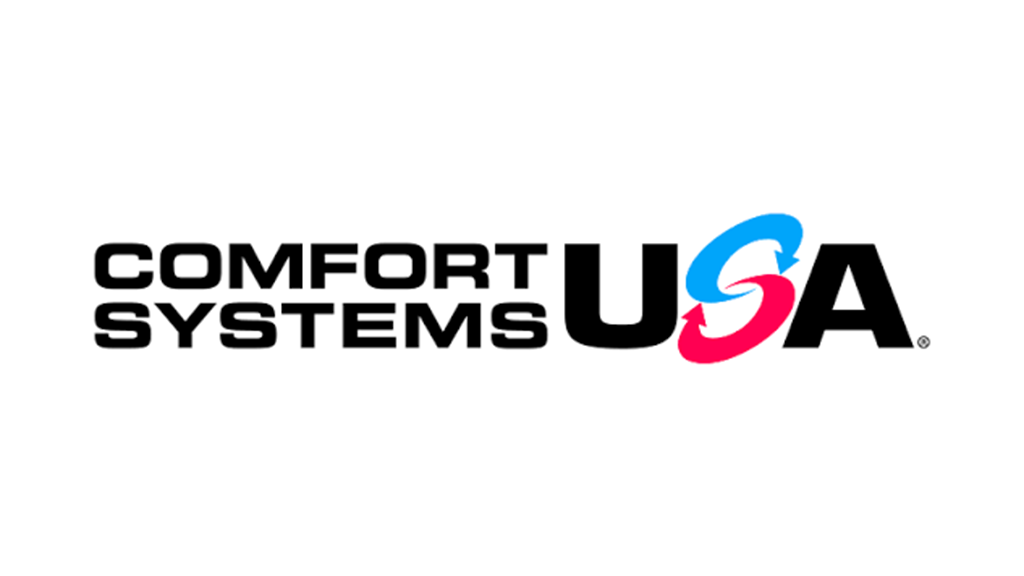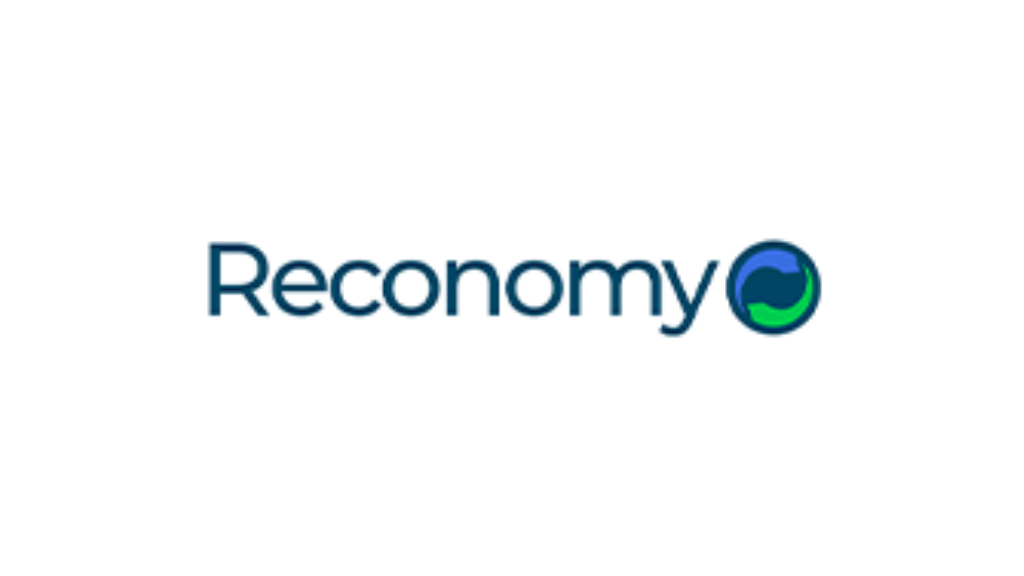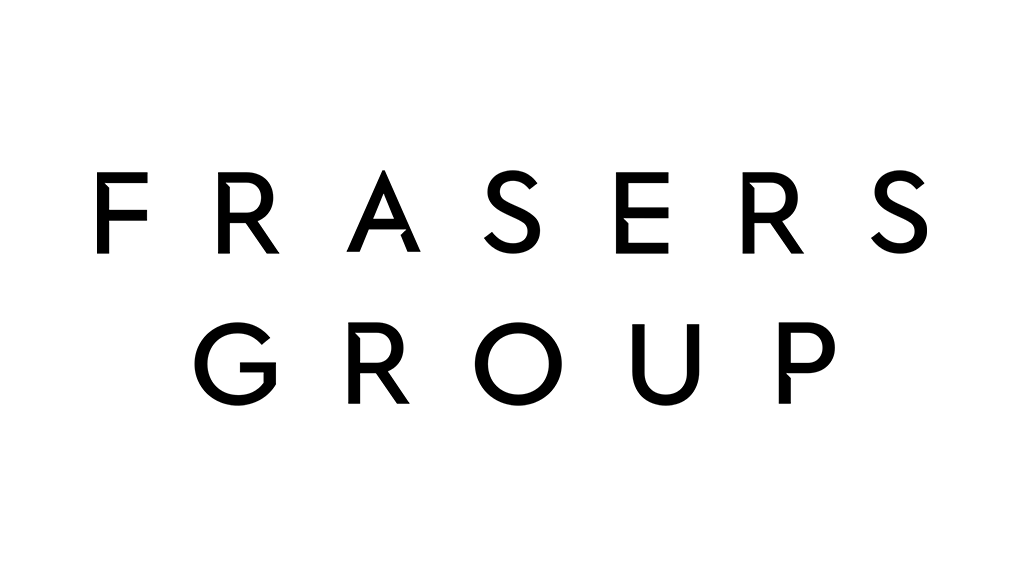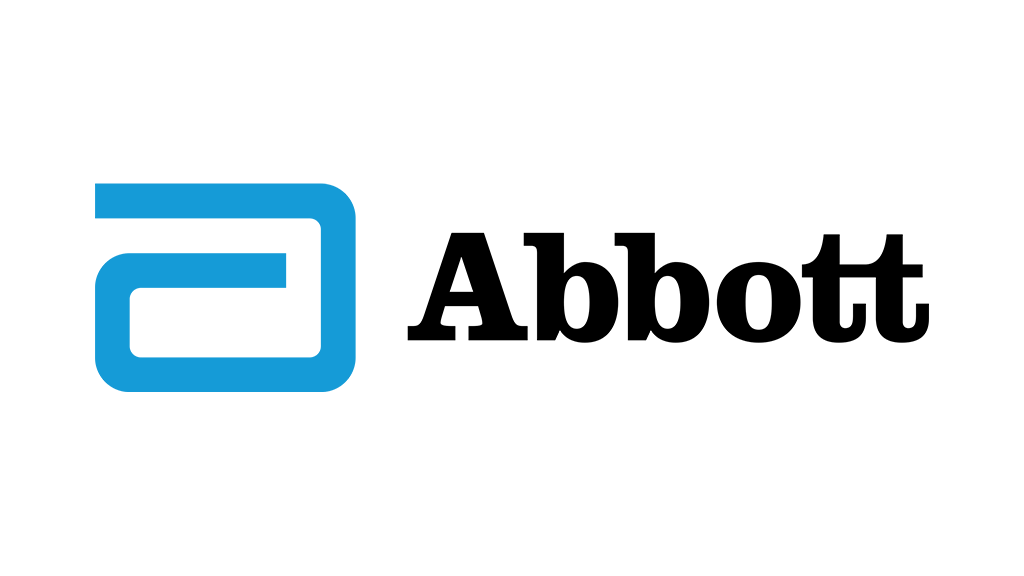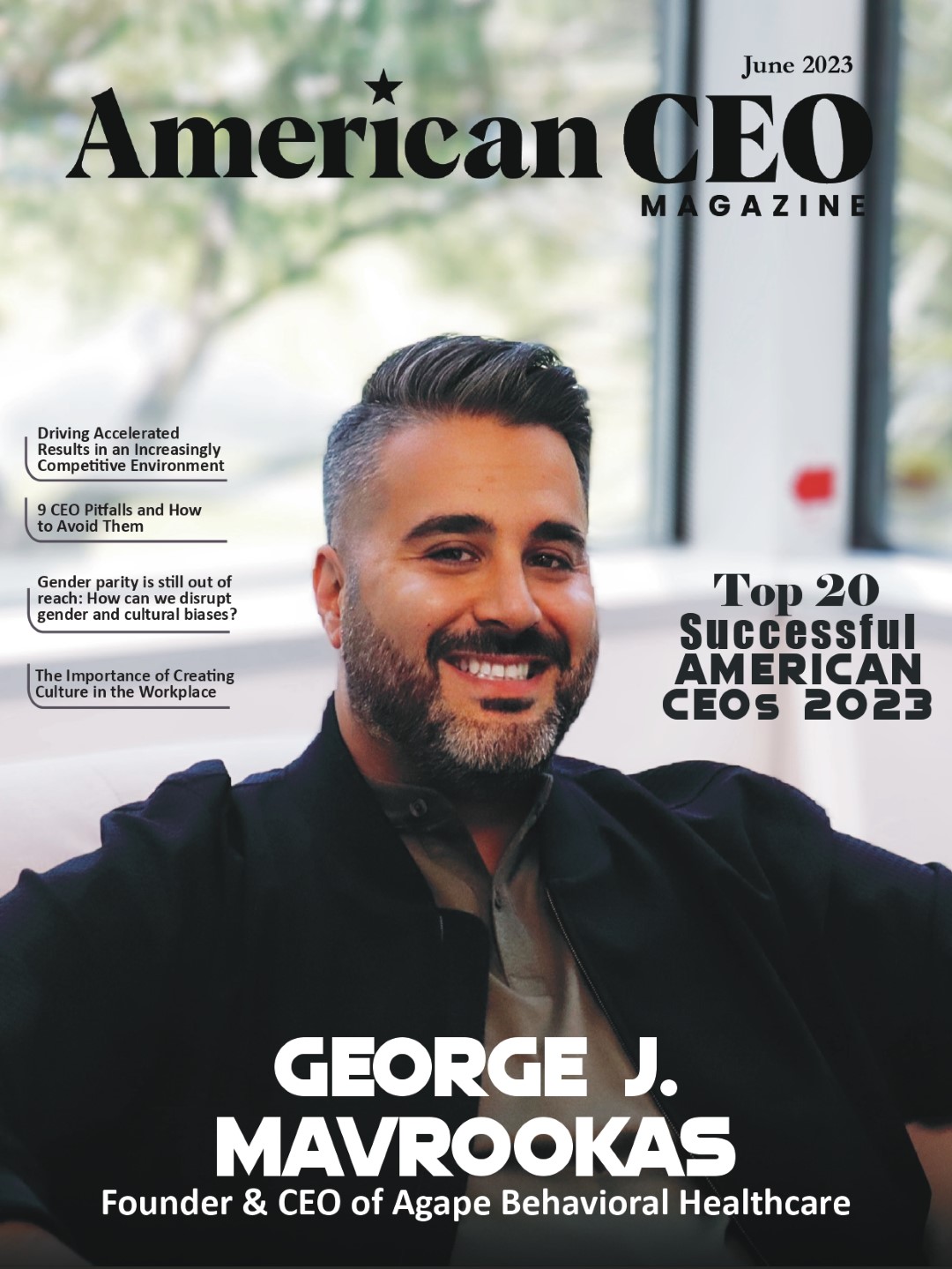Lorraine Connell
Leadership Coach

Lorraine Connell
Lorraine Connell, MEd, MS, is the Owner of Peers not Fears, LLC, and a veteran educator of over 20 years. As a workshop facilitator, speaker, coach, and consultant for schools and youth-serving organizations, she has developed curricula on leadership and empathy. She works in collaboration with others to provide coaching to educators and students everywhere through her company Peers not Fears, LLC. Lorraine hosts the podcast Education Unimagined, where she interviews students, current and past, on their experiences in education, and listens to their advice on how we could do better. Her work spans the impact of understanding how and where our biases come into play, to develop strong communities.
In 2022, Lorraine left her full-time chemistry teaching job to work with interested schools, families, and communities to develop more equitable access and empowerment of students. When she is not working with others on developing leadership skills she is supporting her two boys in all their adventures. Lorraine and her husband Justin are both educators and work to improve and develop their and others’ social and emotional learning.
The Myths About Leadership
There are several myths around leadership, and each myth presents challenges for developing new leaders, and can hinder the growth of our current leaders. These myths begin at school age, and while some teens learn to develop beyond, many do not. This may be why we don’t see more emerging leaders, or those who take on initiatives in our companies. When we learn these myths at a foundational point in our lives, we believe them to be true, and then perpetuate them further in our organizations.
Myth #1: Leaders have a title.
Who are the leaders in your organization? How do you know they are leaders?
Usually, the easy answer is, “They have a title.” If we need a title to be a leader, then who else can be a leader? There are only a few titles to be had, but many tasks to complete. We need each person in our organization to take on leadership roles, but if we do not see ourselves as leaders without that title, then we are not empowering everyone to make decisions.
This assumption goes as far back as high school, where the leaders were our team captains, or part of student body government. However, operating with these assumptions at the business or organization level (where we need everyone to make decisions) does not serve our goals.
Another challenge with titles is people’s aspirations for the title, and not the role of leadership. When the title is what we seek, we miss the opportunity to lead for the sake of the community and the betterment of the organization. We can change this system by empowering more individuals in our organizations to see themselves as a leader and allow them to make decisions that move the organization forward. There is only a win in that situation. If the fear is that there will be mistakes, see myth #3.
Myth #2: Leaders are “born leaders.”
If we settle into the belief in the previous myth, then opportunities for leadership are limited. This limit breeds a new myth that leaders are born with leadership skills, rather than skills we can all develop.
Every great leader should be working toward better leadership skills, and no matter where you are on your leadership journey, we want to build these skills continually. If you are a leader with a title, providing opportunities to grow WITH your employees is critical.
You will demonstrate that you are working on your own skills and that you value others developing their skills. Here again, is a win for all!
Myth #3: Leaders are perfect.
Recall a leader from school – a team captain or member of student government – who made a mistake in that role – what happened to them? In my experience, if a student leader was caught doing something “wrong,” there was no mercy. Often times the response is, “Why should there be? We don’t want others to think those behaviors are ok, so we should make an example out of that student.” With this thinking, it is known that if you are in a position of power (or have a title) you cannot afford to make a mistake. However, in these situations, the message being sent is that mistakes are costly. We all know we are going to make a mistake, but in order to not be shamed for it, we avoid leadership roles. If I don’t step into that role, it may be filled with someone better than me, or maybe it doesn’t. Or worse yet, it remains empty because more of us are afraid of what happens if we make a mistake.
This too is happening in our organizations.
If you are a leader right now, when was the last time you shared mistakes you have made with those you work with? If you have, you are doing great things, and if you
haven’t, I want you to ask yourself why not. Is it because you, like so many of us, believe leaders should be perfect, and you know you’re not, so you hide your mistakes from others? This becomes a challenge – we are sending the message out that all mistakes are bad. Hiding mistakes is costly – when we find out about a mistake later, we will likely have a much bigger problem to deal with. And because it has happened so long ago no one can remember how it happened, so the person who made the mistake ‘gets away’ with it.
– or do they?
Do you think they have forgotten that they made the mistake? I know when I don’t come clean on something I did it, eats away at me – I lose trust in myself, which only causes me to perform more erratically. Why don’t I want to own that mistake? Well, quite simply, when those in leadership positions don’t own their mistakes I assume they are perfect, and the expectation must be for me to be perfect, so I will hide my mistakes.
It becomes this massive problem, and no one trusts each other, because no one is owning their mistakes, and it erodes that community of support that would turn our companies around.
The answer starts with those already in leadership roles. Which of the myths do you ascribe to – consider how to break them down in yourself, and it will trickle down into your organization. Better yet, we need to break these myths from being shared at younger ages, and starting in the school environment is truly critical.





























